I wrote this article in Japanese and translated it into English using ChatGPT. I also used ChatGPT to create the English article title. I did my best to correct any translation mistakes, but please let me know if you find any errors. By the way, I did not use ChatGPT when writing the Japanese article. The entire article was written from scratch by me, Saikawa Goto.
Introduction
Movies and books covered in this article

Three takeaways from this article
- Sticking to one’s beliefs is difficult in any era, and that’s why it’s commendable.
- Desmond Doss who decided to join the army to save people instead of killing them as a Christian.
- Desmond, who was not accepted by those around him to the extent that he was urged to be discharged from the military, nevertheless did not give up and kept his faith.
Self-introduction article


Published Kindle books(Free on Kindle Unlimited)
“The genius Einstein: An easy-to-understand book about interesting science advances that is not too simple based on his life and discoveries: Theory of Relativity, Cosmology and Quantum Theory”
“Why is “lack of imagination” called “communication skills”?: Japanese-specific”negative” communication”
The quotes used in this article are based on notes taken at the movie theater from movies in Japanese and are not direct quotes from the foreign language original movies, even if they exist.
A Remarkable Soldier Who Achieved Unbelievable Results Without Weapons in one of the “Most Brutal Battlefields,” and His Amazing Life and Beliefs
“Hacksaw Ridge” is the name used by the US military for “Maedakouchi” in Okinawa. It is a location that must be conquered by climbing vertical cliffs and is considered one of the most brutal battlefields of World War II. Soldiers from both Japan and the US engaged in intense close combat, resulting in many lives lost.

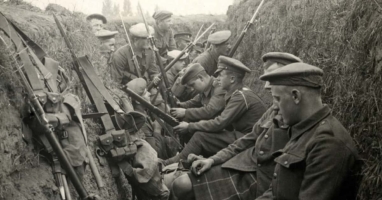
There was a person who ran around that battlefield without a weapon and achieved unprecedented results. That person is the main character of this movie, Desmond Doss, a real soldier who was praised for “doing what no one else could do.”
His story shows “how humans can stick to their beliefs.” I hope this movie is not only seen as a way to convey the “misery of war,” but also as a reminder of the importance of sticking to one’s beliefs.

The Tremendous Determination of a Soldier Who Persevered Without Abandoning His “Convictions” that Contradicted “War”
But if I compromise my beliefs, I can’t go on living.
I also tend to stick to what I have decided as much as possible. Of course, sometimes I give up or change my course, but when I do, I feel a sense of pitiable towards myself. I want to live my life without trying, so in reality I am constantly bending my convictions, but only the feeling is always aiming to “perform the original intention”.
However, Desmond’s statement “I can’t go on living” is truly literal. He is a person with strong convictions who believes that dying is better than compromising his beliefs.

Not even war can change people’s beliefs.
“Beliefs” are not easily visible, and can be said as much as possible. That’s why it’s fair to say that the true value is determined by how you behave when your “belief” is tested. Even in a situation like war, where “beliefs” can be easily compromised, Desmond did not let go of his own “belief”.”
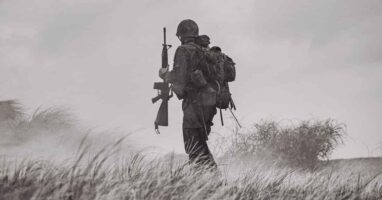

This is amazing.

Anecdotes of those who stick to their beliefs are passed down to future generations in various forms. Edison said, “I have not failed. I’ve just found 10,000 ways that won’t work.” Colonel Sanders started a new challenge at the age of 65. Gandhi held fast to nonviolence.
These are still talked about because they are “amazing episodes,” and they don’t happen in everyday life. Even if we can’t stick to our beliefs like they did, there’ would not be need to feel bad about ourselves.
However, when I come across such anecdotes, I can’t help but think, “I wish I could be such a person.”

I thought you were a skinny little coward. But you did what no one else could do. It was the biggest mistake of my life. I hope you can forgive me.
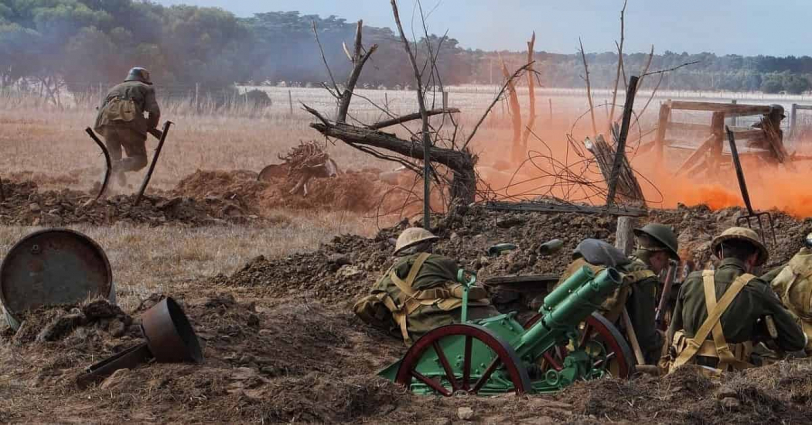
The man who ran around the battlefield without a weapon is praised by the men who fought with weapons. It can be said that praising those who do not fight in a combat situation is still a remarkable situation.
We can’t fight without you.
In the end, Desmond is evaluated to such an extent. I became a little envious of being able to live like him.

Of course, there must be also many people who have walked a life of adversity by sticking to their beliefs. However, since such episodes are rarely taken up, only cases where “sticking to beliefs leads to a positive outcome” tend to spread. This is not a good state of affairs. It is especially frightening today, because we often see incidents in the news reports and other media where an act by a sense of justice causes unreasonable frenzy that result in great damage as a result. It’s an era where “belief” must be exhibited with consideration for others.

Even so, there are things that can only be accomplished by sticking to one’s beliefs, and without everyone holding on to their convictions, a decent society cannot be built.
But I believe your convictions are real.
My convictions may not be “real” enough, but I still want to strive to remain on the side of “adhering to my beliefs.”

Content Introduction
Desmond was born into a devout Christian family and was raised to believe that “Thou shalt not kill” was the most important commandment. Despite his family’s opposition, he decided to enlist in order to “save people.” From the beginning, he explained that he could not carry a gun and was allowed to enlist as a “conscientious objector.”
As soon as Desmond began his training, a problem arose during firearms training. He refused to obey the order from his superior to hold a gun. Even though he had joined the military explaining that he couldn’t carry a gun, his superior took a stance of “follow my orders while you’re here.”
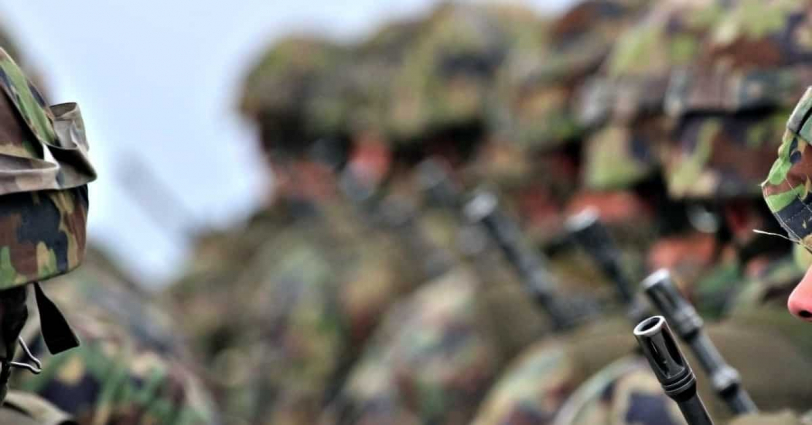
As a team, they can’t force Desmond to carry a gun. However, if they don’t, it will disrupt the discipline of the entire unit and affect the trust between those who entrust their lives to each other. Despite being difficult to handle, Desmond is recommended for discharge, but he continued to plead, “I volunteered not to kill people, but to save them.” He continued to endure the harsh situation without giving up.
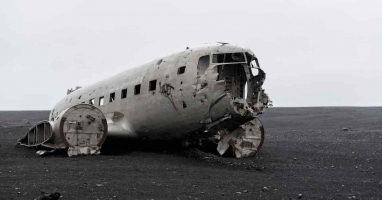
On the other hand, there were also people who evaluated Desmond. Thanks to the efforts of various people, Desmond was finally allowed to stand on the battlefield as a “non-combatant medic.”
The place was Hacksaw Ridge. Climbing up a steep cliff using suspended ropes, fierce battles were fought at the top. Despite the situation where “death” was approaching right next to him and the overwhelming stench, Desmond persisted in his beliefs and continued to run around without weapons. The number of wounded soldiers kept increasing, and the U.S. military was forced to withdraw, realizing that it was impossible to continue the battle, but…

Impression
It was an amazing movie. Both Desmond’s character and the depiction of the battlefield were incredible, but I think it is also a very piercing film in the sense that it makes you realize that “war is so tragic.”
In this article, I haven’t touched upon “Desmond’s most amazing achievements” as a matter of fact, and I don’t intend to do so after this. I want you to see for yourself just how extraordinary he is by watching the movie. It was truly an experience of watching that made me think, “Are there really humans like him?” and “Would it be possible to behave like that?”

“If you’re sane, fight with a weapon.”
“I don’t have to be sane.”
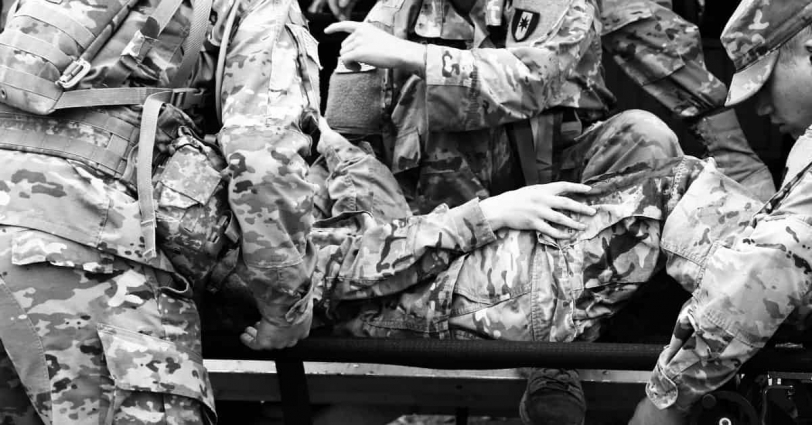
In the context of “war,” the sense of “what is normal” is completely different from peacetime, so it is not easy to determine which person is sane. However, Desmond stands on the battlefield with the determination that “it’s okay to be judged ‘insane’ by his comrades.” Understanding what he did on the battlefield will further reveal the magnitude of his determination.

In the movie “Hacksaw Ridge”, Desmond’s heroism is portrayed in the latter half. In the first half, he is treated quite poorly. His fellow soldiers behave ruthlessly towards him when he declares that he will not carry a gun. While I do not want to justify their behavior, I can understand their desire to discharge Desmond.
Though I have never been in such a situation myself, I imagine that trust is important in situations where one must entrust their life to others, such as in maritime rescue or climbing Mount Everest. It would be difficult to entrust one’s life to someone who claims they will not carry a gun based on their beliefs. Even Desmond’s superiors try to persuade him, saying that it’s a matter of everyone’s life here. While their behavior was rough, I cannot say that trying to discharge Desmond was a mistake.

Now, during the battle at Hacksaw Ridge, they “waited” for Desmond. I won’t describe it in detail, but it was a really impressive scene. What Desmond was doing even if he kept his fellows waiting did not make sense to the U.S. military, but it was important to Desmond. In other words, those who once tried to discharge Desmond now admitted his beliefs as “genuine” and allowed everyone to spend time doing “what Desmond wanted to do”.
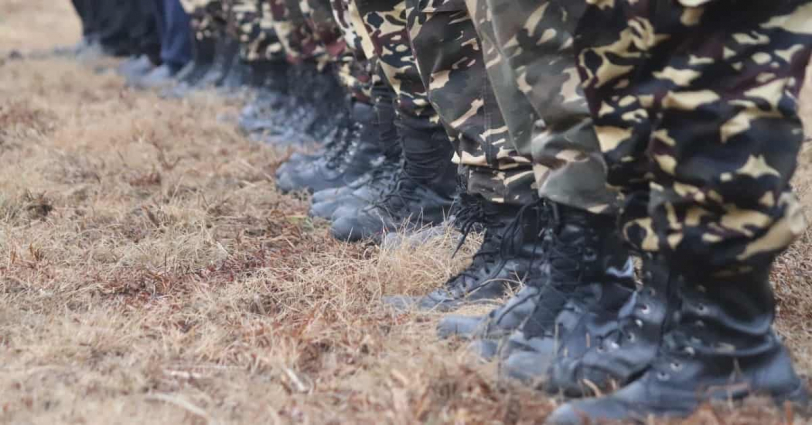
Also, the sense of being in the midst of the battle scenes in this movie was amazing. I don’t actually know what a real battlefield is like, but I experienced the sensation of “being right there on the battlefield” many times. Even though I was just watching images in a movie theater, and I knew without a doubt that bullets weren’t really flying at me, I froze with fear.
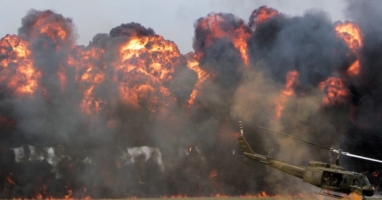
Even from the screen, I can feel the horror of the battlefield. It’s unbelievable that he stood there without a gun. It makes me understand Desmond’s greatness again.
Conclusion
As a movie about war, I think it should definitely include the “tragedy of war,” and I strongly feel that from this movie. However, as I mentioned at the beginning, it would not be correct to regard it as a film that does just that. This movie is a true story about “belief” and the importance of “sticking to your beliefs.”

Throughout history, people like Desmond are the ones who should be praised first, and I hope they stay in the memory of many people.

Published Kindle books(Free on Kindle Unlimited)
“The genius Einstein: An easy-to-understand book about interesting science advances that is not too simple based on his life and discoveries: Theory of Relativity, Cosmology and Quantum Theory”
“Why is “lack of imagination” called “communication skills”?: Japanese-specific”negative” communication”







コメント